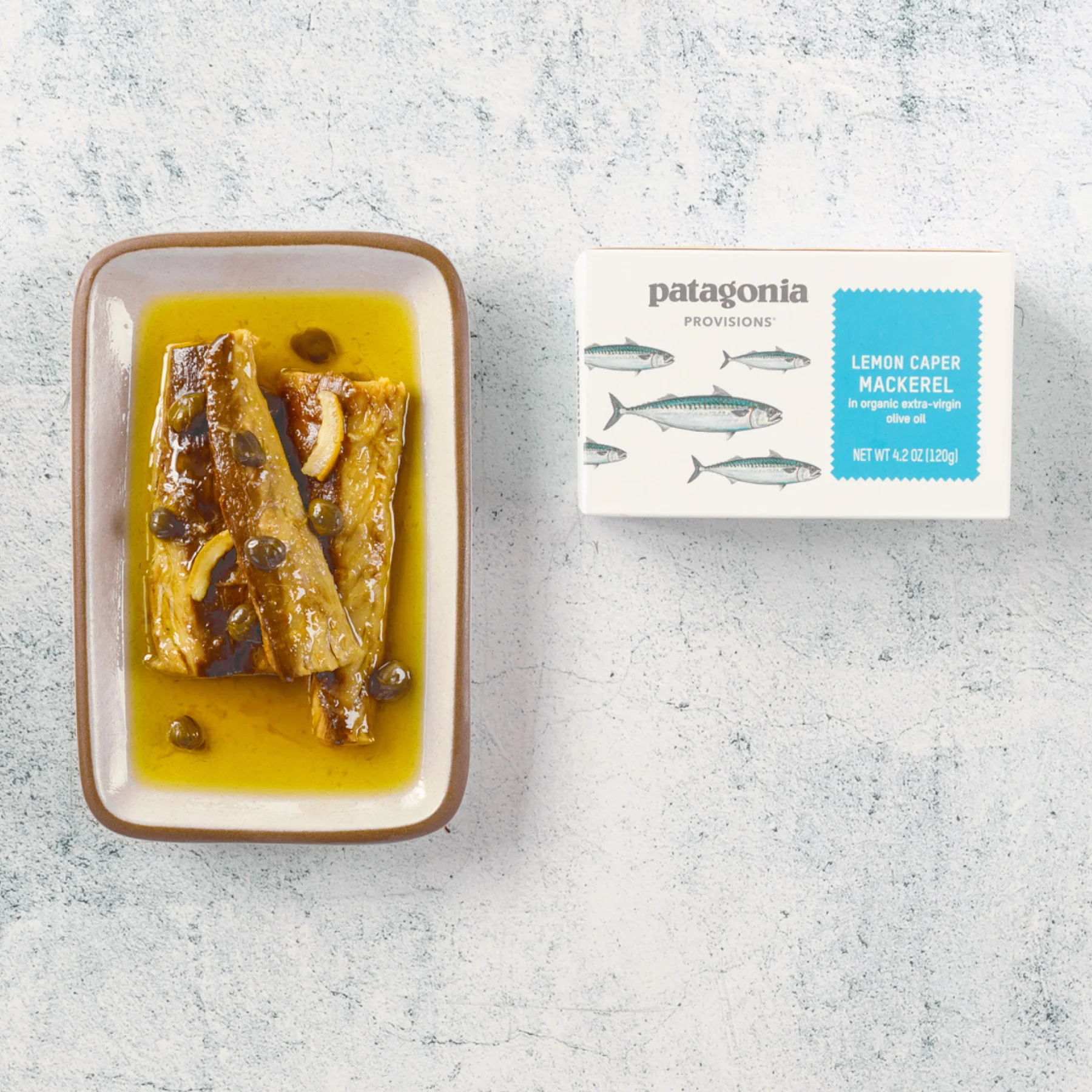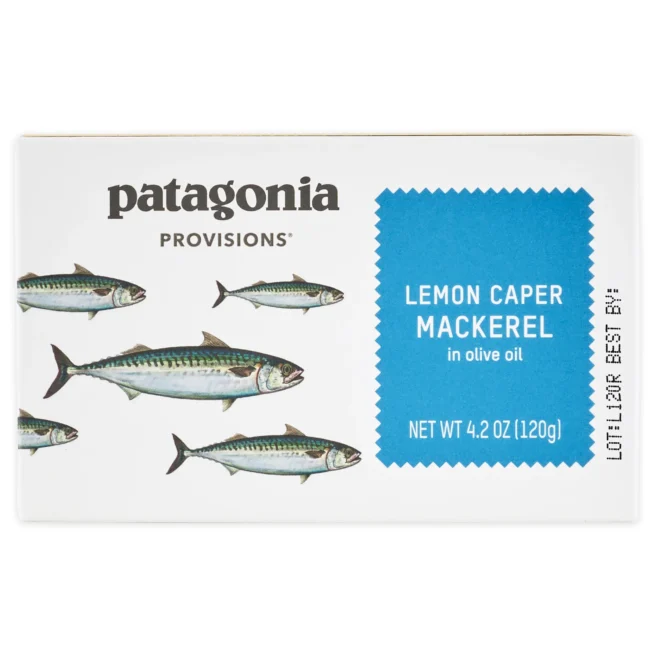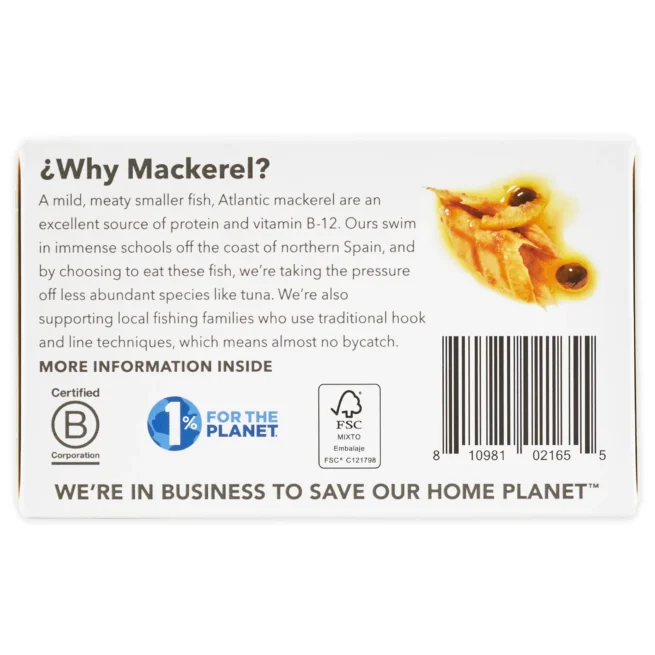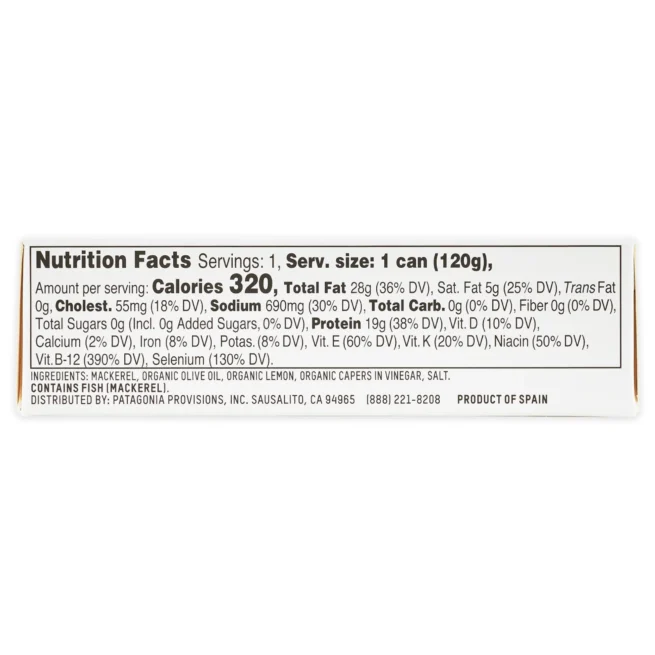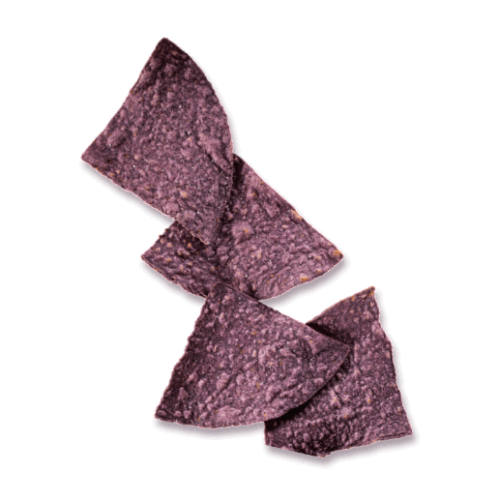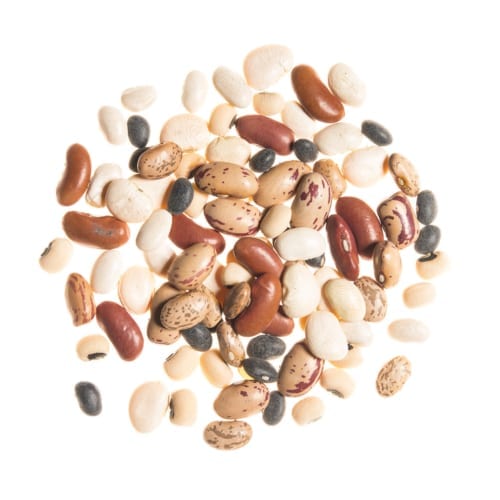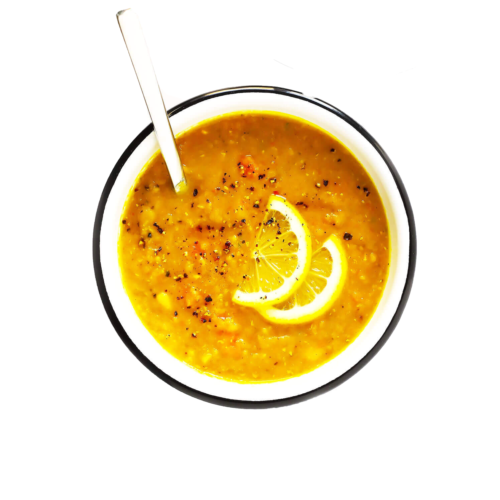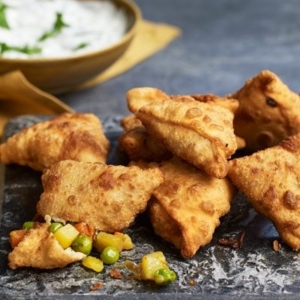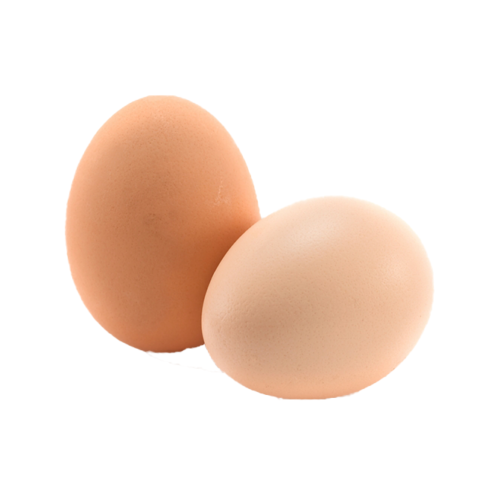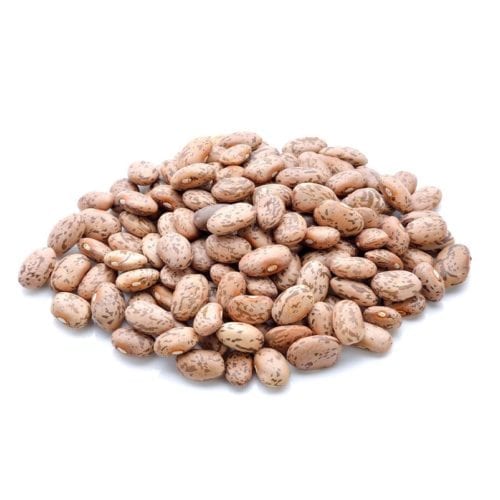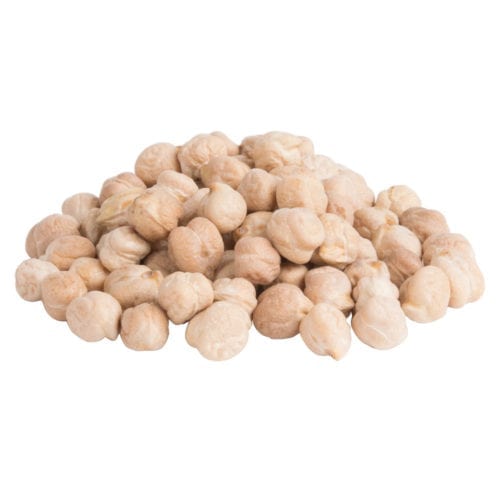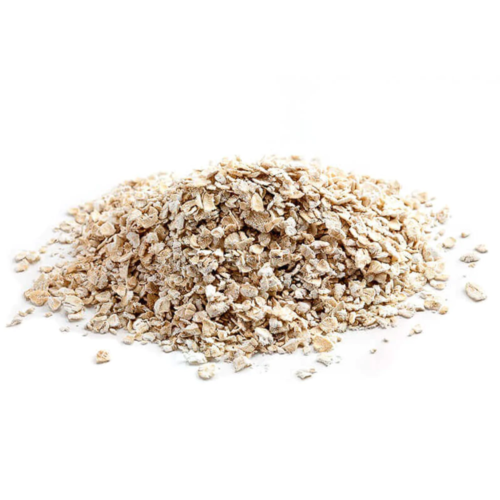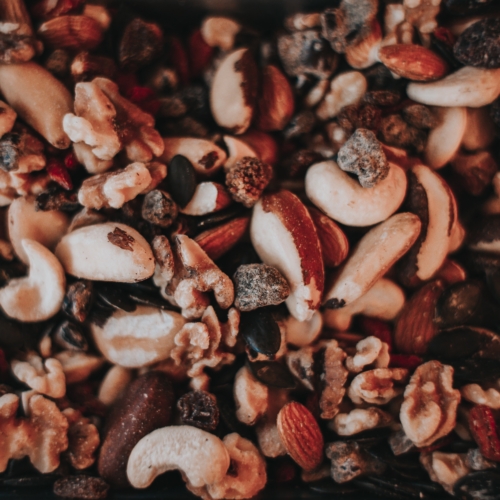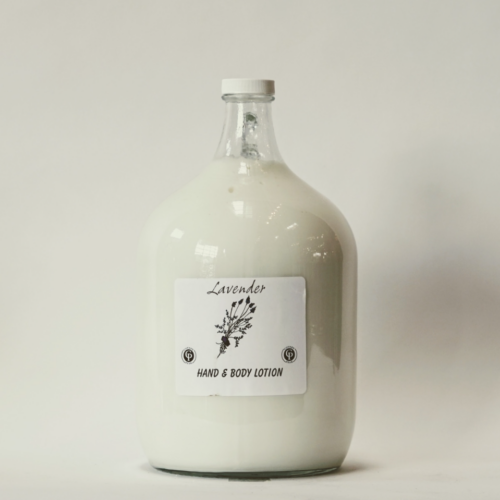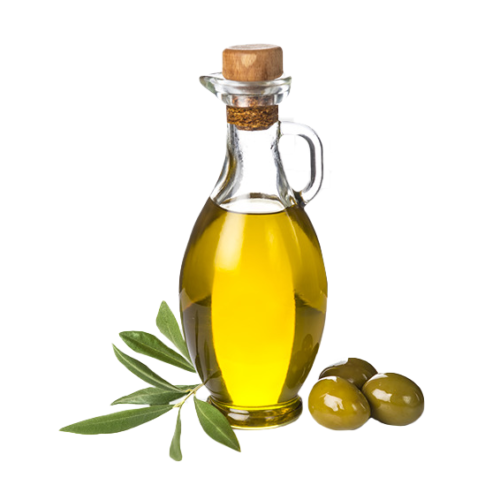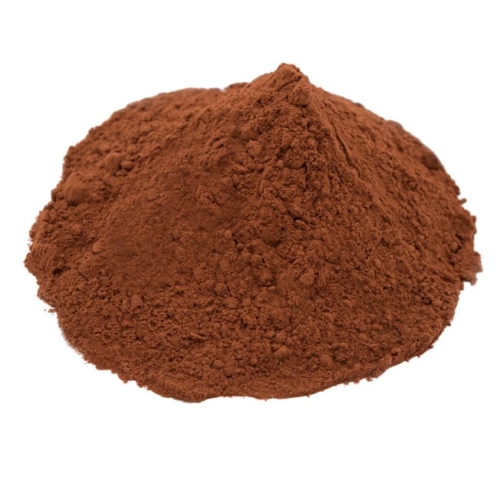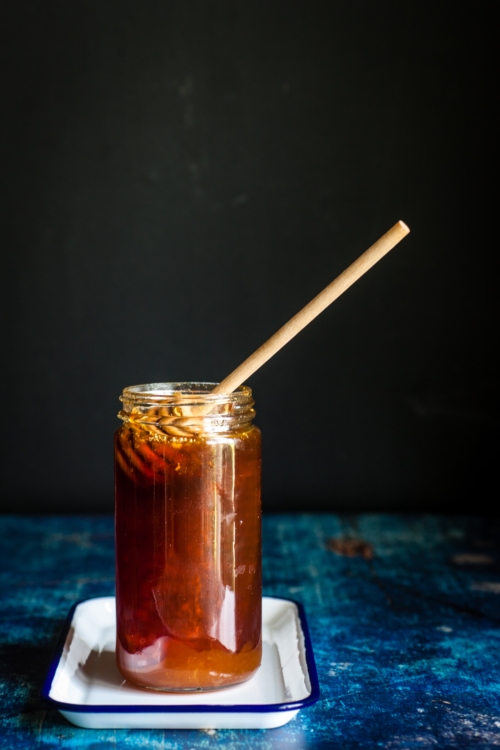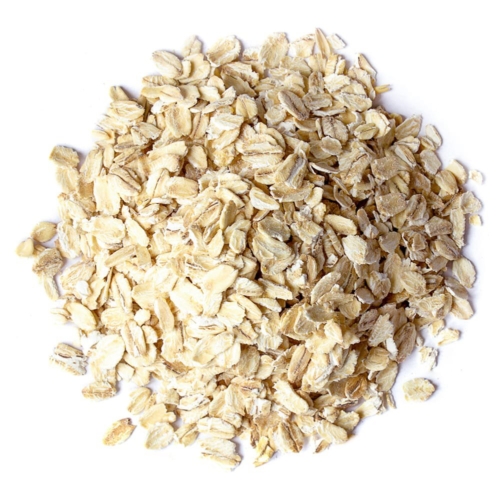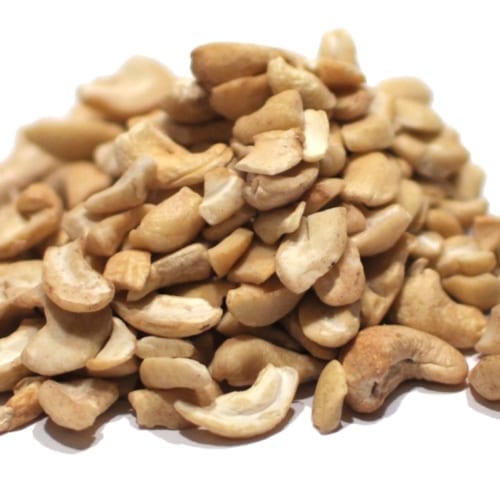Mackerel – Lemon Caper in Olive Oil – by Patagonia Provisions
$8.00 — available on subscription
Description

Mackerel – Lemon Caper in Olive Oil
Bright, tangy lemons and capers season our responsibly sourced wild Atlantic mackerel. A small fish with the mild taste and meaty texture of big fish, Atlantic mackerel is an excellent source of protein and vitamin B-12.* Lemon Caper Mackerel packs easily for camping and makes a great pantry staple for quick pastas, salads and more.
Ways to Eat:
- The seasonings are on the bottom, so flip the opened can onto a plate to let them flow evenly over the fish.
- Eat straight from the can with crusty bread to dip into the seasoned oil.
- Layer into sandwiches.
- For more ideas, check out Patagonia’s Mackerel recipes.
- On Sourdough Crackers or Patagonia’s Crackers
- Add to Salads and Pasta!
Nutrition:
- Excellent source of protein, vitamin B12, vitamin E, niacin, vitamin K and selenium
- Good source of vitamin D
- 250 mg omega-3s per label serving
- Atlantic mackerel are short-lived and low on the ocean food chain, so don’t have the high levels of toxins often found in longer-lived, large predator fish like tuna and swordfish
Ingredients:
Mackerel, organic extra-virgin olive oil, organic lemon, organic capers in vinegar, salt
Product Details & Sourcing provided by Patagonia Provisions:
- Wild Atlantic mackerel are a small, schooling fish that occur in great numbers. By choosing to eat these fish, we’re taking pressure off less abundant, larger species like tuna and swordfish.
- Our partners harvest the mackerel from a small-scale fishery in the Bay of Biscay, off the coast of northern Spain. The fish are caught by hook and line, with little to no bycatch.
- Fishermen belong to cofradías, or brotherhoods, that date back to medieval times. Cofradías function as cooperatives, sharing profits and guaranteeing worker safety and other benefits.
- Learn more about our Mackerel Sourcing.
Packaging:
- Paper Box
- Can is 100% aluminum, BPA-NI* and recyclable (if clean and dry)
- *Bisphenol-A Non-Intent: No BPAs were intentionally added to the packaging.
- 4.2 oz (120g) can
- Servings per can: 1
- Fully cooked & shelf stable until opened
- Product of Spain
Company Certifications:
- Certified B®️ Corporation
- 1% for the Planet®️
About Patagonia Provisions: “Industrial agriculture depletes soil, poisons water and threatens the outdoor places we love. Protecting the earth, and our future on it, means we have to find a better way. So we make foods that restore the planet instead of destroying it. As our founder Yvon Chouinard says, “People buy a jacket every few years, but they eat several times a day. If we’re going to save our home planet, it starts with food.” If we keep farming conventionally, the world’s topsoil, which produces nearly all our food, could disappear within 60 years, according to the United Nations. Regenerative organic farming creates thriving populations of microbes, which break down organic matter (dead plants) into topsoil. Also, regenerative organic systems like agroforests and no-till farms planted with perennials have well-developed roots that keep topsoil from eroding.”
Mackerel Sourcing and Sustainability Education – Sourced by Patagonia Provisions
Monterey Bay Aquarium Rating
Additional information
| Size | 4.2 oz |
|---|
You may also like…
-

Blue Corn Tortilla Chips
$5.10 – $17.05 — available on subscription Select options This product has multiple variants. The options may be chosen on the product page -

Organic Seven Bean Soup Mix
$4.65 – $8.50 — available on subscription Select options This product has multiple variants. The options may be chosen on the product page -

Organic Lemony Lentil Soup
$13.90 — available on subscription Select options This product has multiple variants. The options may be chosen on the product page -

Vegetable Samosas by Susan’s Samosas
$10.50 — available on subscription Select options This product has multiple variants. The options may be chosen on the product page

Try using it to make our wonderful Banana Bread


